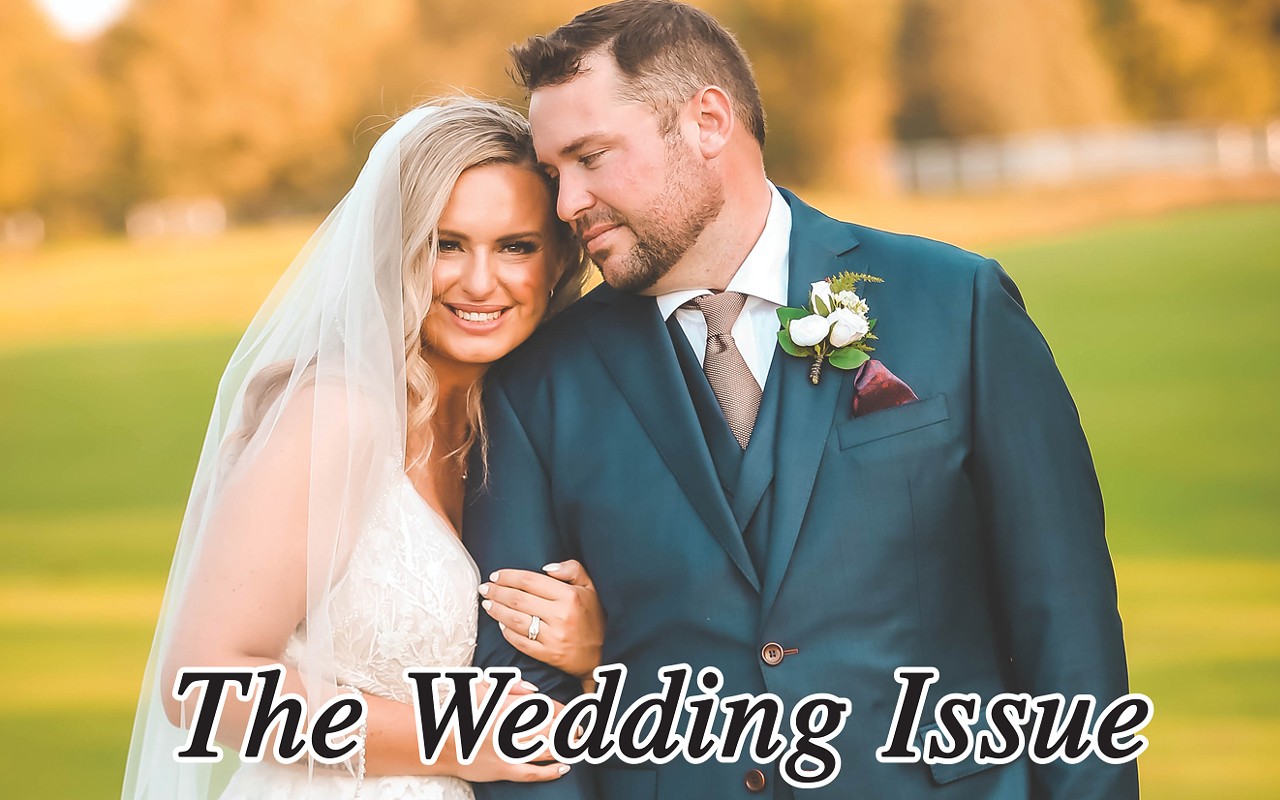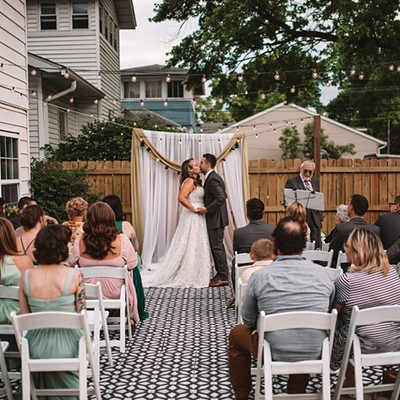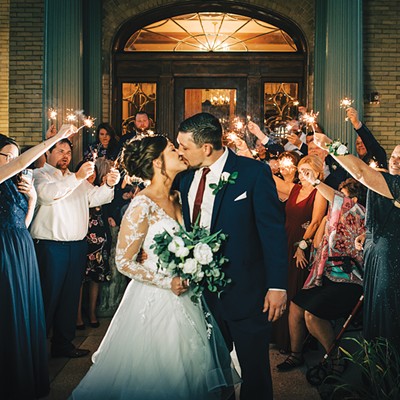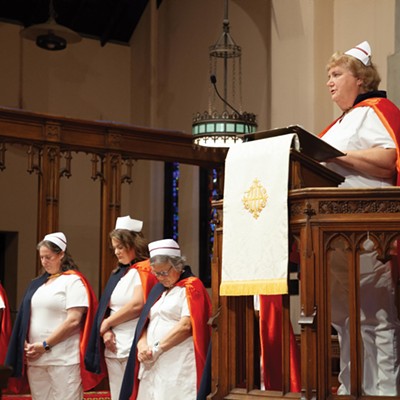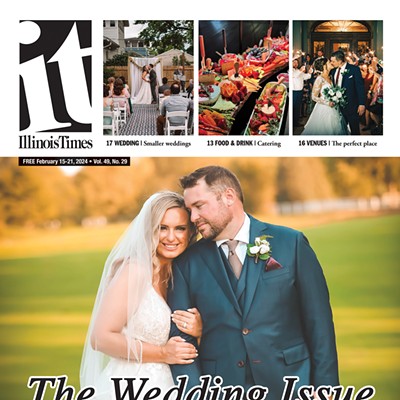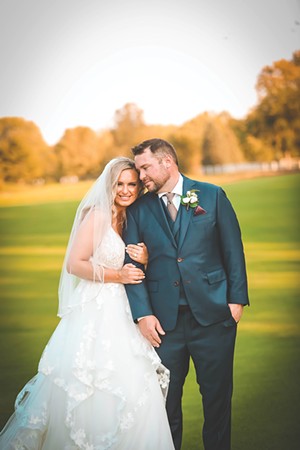
I planned a wedding in Old City, Philadelphia, more than 14 years ago. I fondly remember the hustle and bustle of figuring out a venue, finding the right dress, sampling menus, curating a guest list and interviewing vendors. The vibe was celebratory, light and fun. Because I was to be wed in a Catholic Jesuit Church, my partner and I were also required to participate in "pre cana," or premarital counseling.
Cue the record scratch.
At the time, I was not keen on having to participate in counseling. It seemed archaic and certainly not exciting. Thankfully, we kept an open mind and my soon-to-be husband and I were connected with a lovely, vibrant couple who were each on their second marriage. They were gracious and full of great insights about their previous marriages compared to their current one. Ultimately, the experience was a positive one, and here we are years later with two kids, a home, a life, a marriage.
Whether religious or not, premarital counseling is an opportunity for couples to set aside the logistics of their wedding and instead focus entirely on everything that will happen after the big day – the relationship at the heart of the wedding and its long arc over a lifetime. Luckily for couples considering this step, acceptance for and access to counseling seems to be having a moment. According to the Centers for Disease Control, nearly one-quarter of Americans ages 18-44 are taking an active interest and involvement in their mental health, up from just 18% a few years ago.
I spoke with three area mental health clinicians about the topics most often explored in premarital counseling, overcoming any barriers to premarital counseling and what couples can expect to gain.
David Vail, a licensed clinical social worker and owner of Thrive Center for Wellness in Springfield, said that the primary topics that many couples bring to counseling are breakdowns in communication, managing finances, addressing one's partner's needs and desires and integrating into their partner's family systems. Julia Schwartz, a licensed professional counselor at Still Waters Counseling, said that a counselor will explore these topics with the couple through unraveling past experiences and relationships, addressing partners' similarities and differences, and creating an environment that allows each member of the couple to be heard and to share their unique point of view.
Even though the issues that couples bring to premarital counseling are very common and largely relatable, Kelly Neal, LCSW at Luminary Counseling Solutions, said that there is definitely a stigma regarding counseling. Some individuals may be reluctant to participate in counseling because they feel that acknowledging their issues may inevitably lead to a breakup. Others feel as though their issues "aren't that bad" or that their issues will solve themselves.
Vail said, "Some people have a belief that if I just love this person enough, everything will take care of itself. That would be wonderful, but it doesn't seem to work that way in the long term." Schwartz agreed that stigma may be a barrier to therapy for some, citing concerns about perceived weakness, fear of judgment or invasion of privacy.
But shying away from couples therapy because of fear or inertia is ultimately short-sighted. Vail said, "Relationships may be some of the hardest work that we do, and one that flourishes on its own is rare. We all benefit when we take the time to nurture our relationships."
Couples or premarital counseling can help to lay healthy foundations for a couple. "Rather than a last resort, counseling should be seen as a proactive and empowering choice for couples invested in the health and longevity of their relationship," Schwartz said. "Seeking therapy is an act of strength courage, and commitment to personal and relational growth. In that line, premarital counseling is a proactive commitment to building a strong, resilient and thriving relationship."
Kelly Neal summed it up, adding that "counseling is suited to everyone, no matter the problems you're facing." After all, we practice self-care and maintenance in many areas of our lives. Our minds and relationships deserve that same attention and care.
Special thanks to Kelly Neal, LCSW at Luminary Counseling Services, Julia Schwartz, LPC at Still Waters Counseling and David Vail, LCSW and owner of Thrive Center for Wellness for their opinions and expertise.

